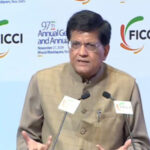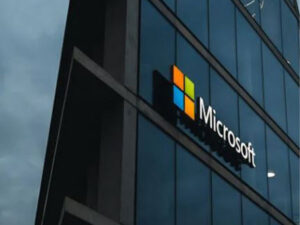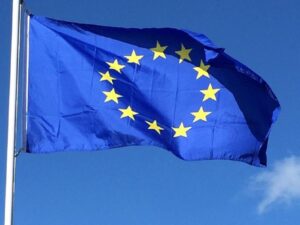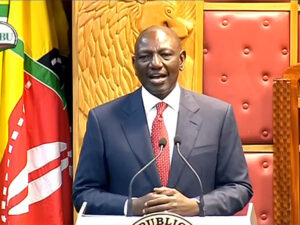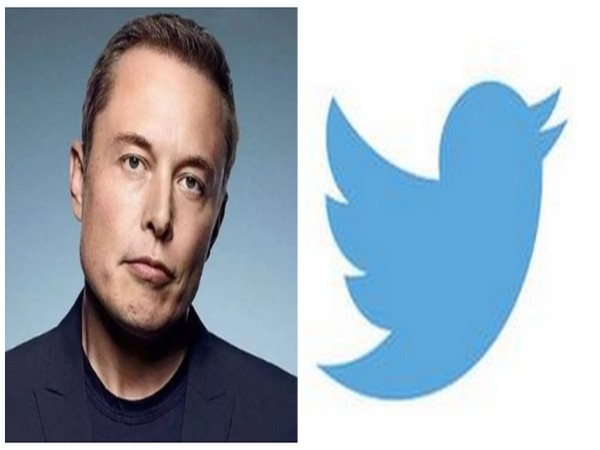
Washington [US], August 23 (ANI): As Elon Musk fights a lawsuit from Twitter asking him to complete the takeover, he has called for the dismissal of a shareholder lawsuit against him for cancelling his multibillion-dollar buyout deal and subpoenaing the social media company’s former CEO. The moves come in response to Musk’s sudden announcement in July that he would leave just a few months after finalizing the $44 billion agreement in April.
According to The Hill, Twitter claims that the company suffered financial losses as a result of Musk’s withdrawal. According to a Securities and Exchange Commission filing, the CEO of Tesla and SpaceX called off the buyout due to what he claimed were “false and misleading representations” made by Twitter during the agreement processes and the company’s failure to provide information on “the prevalence of fake or spam accounts on Twitter’s platform.”
Twitter sued Musk to get him to complete the transaction, and Musk responded by filing his own lawsuit. Earlier this month, Musk made a suggestion that the acquisition would still go through if the social media business provided details on fake and bot accounts.
The Hill reports that the shareholder lawsuit was filed in late July and reportedly criticizes Musk for using “lame justifications” to cancel the deal. The company attributed revenue declines to “uncertainty due to the imminent acquisition of Twitter by an affiliate of Elon Musk” in a July report on its quarterly earnings. In response to Twitter’s lawsuit against him, Musk subpoenaed former Twitter CEO Jack Dorsey on Monday, according to a filing shared by The Verge. “In principle, I don’t believe anyone should own or run Twitter. It wants to be a public good at a protocol level, not a company,” Dorsey said on Twitter in April.
Earlier this month, Elon Musk claimed that Twitter failed to disclose litigation against the Indian Government. Musk claimed that he was “hoodwinked” into signing the deal to buy the San Francisco-based social media company. Musk said that Twitter should follow the local law in India, according to the court documents. Snapshots of the court documents were seen circulating on Twitter posted by New York Times Tech Reporter Kate Conger @kateconger.
“In 2021, India’s information technology ministry imposed certain rules allowing the government to probe social media posts, demand identifying information, and prosecute companies that refused to comply. While Musk is a proponent of free speech, he believes that moderation on Twitter should “hew close to the laws of countries in which Twitter operates” read a portion of the legal filings in the Twitter Vs Musk lawsuit, as posted by the New York Times tech reporter Kate Conger in a series of tweets.
To Elon Musk‘s averments in the court filings, Twitter responded that it “respectfully refers the Court for their complete and accurate contents. Twitter lacks knowledge or information sufficient to form a belief as to the truth of the allegations,” and said it “therefore denies them on that basis.”
Referring to a petition filed in Karnataka High Court in July, Musk also objected to Twitter’s failure to disclose litigation against the Indian government. “Twitter avers that it has challenged certain blocking orders issued by the Indian government under Section 69A of the Information Technology Act, directing Twitter to remove certain content from its platform, including content from politicians, activists, and journalists, and that Twitter’s legal,” the company said in its response.
Twitter, through its lawyer at the Karnataka High Court, said that its India business would close if it complied with Indian government orders to block content that competent authorities had deemed illegal. The High Court had issued notices to the Centre and adjourned the hearing for August 25th.
The microblogging website and the world’s richest man are now heading to trial on October 17 after Musk sought to abandon his deal to acquire Twitter over what he says is a misrepresentation of fake accounts on the site. Earlier in April, Musk reached an acquisition agreement with Twitter at USD 54.20 per share in a transaction valued at approximately USD 44 billion.
In May, Musk put the deal on hold to allow his team to review the veracity of Twitter’s claim that less than 5 per cent of accounts on the platform are bots or spam. (ANI)


